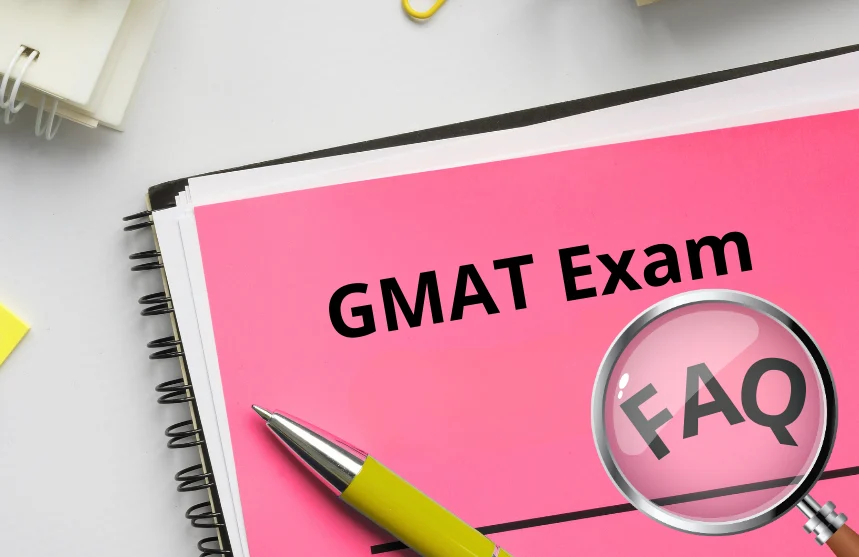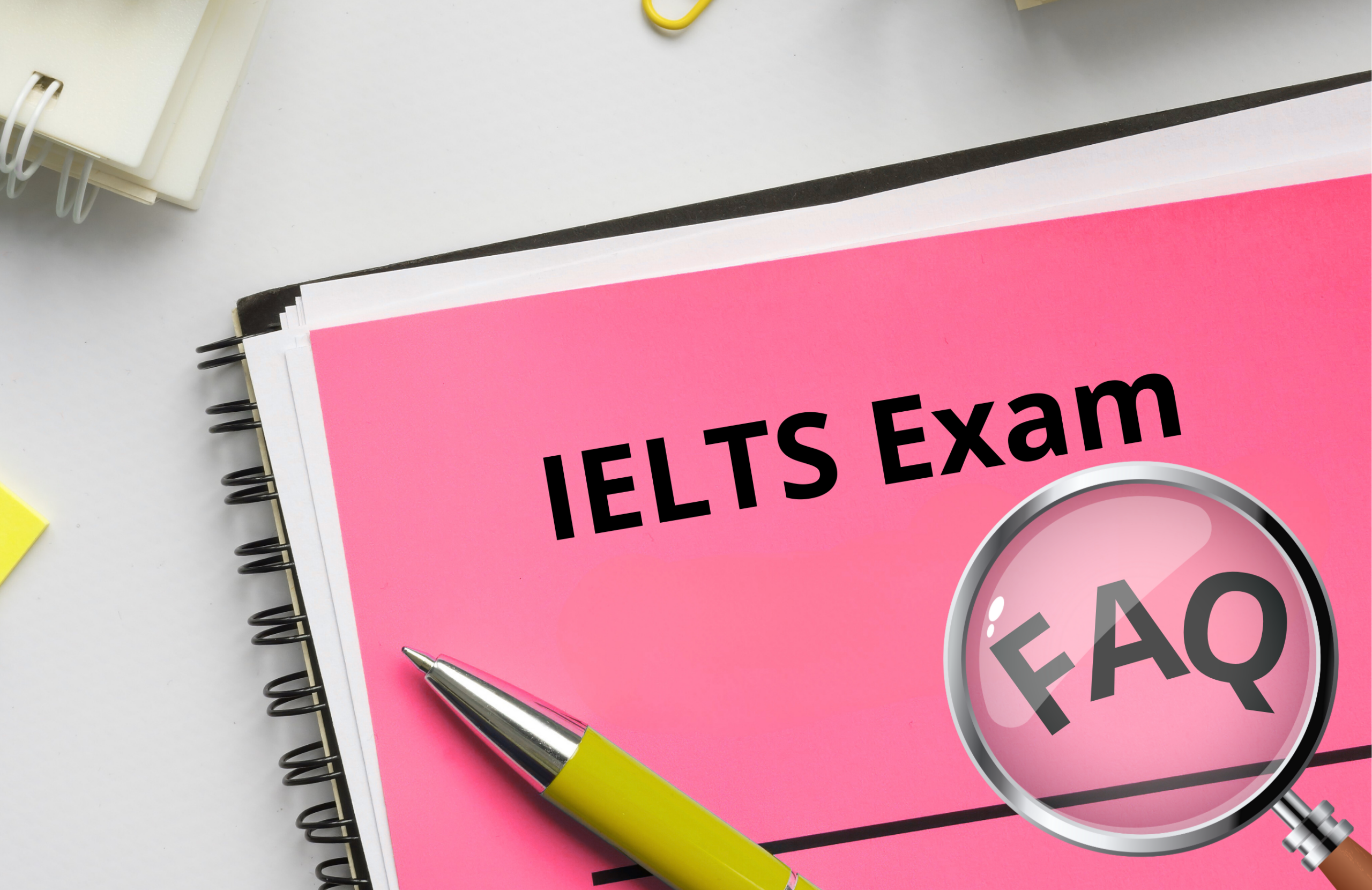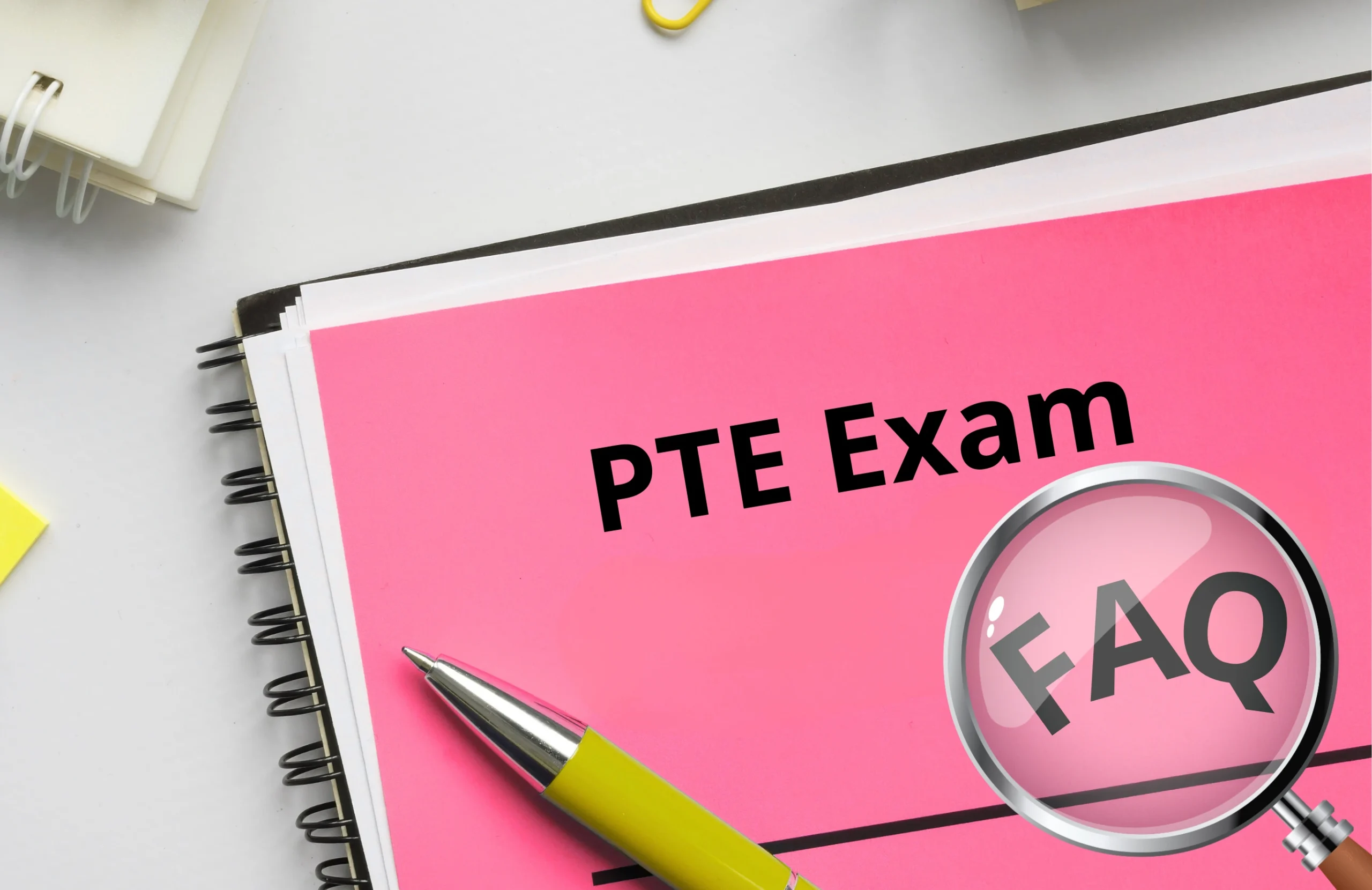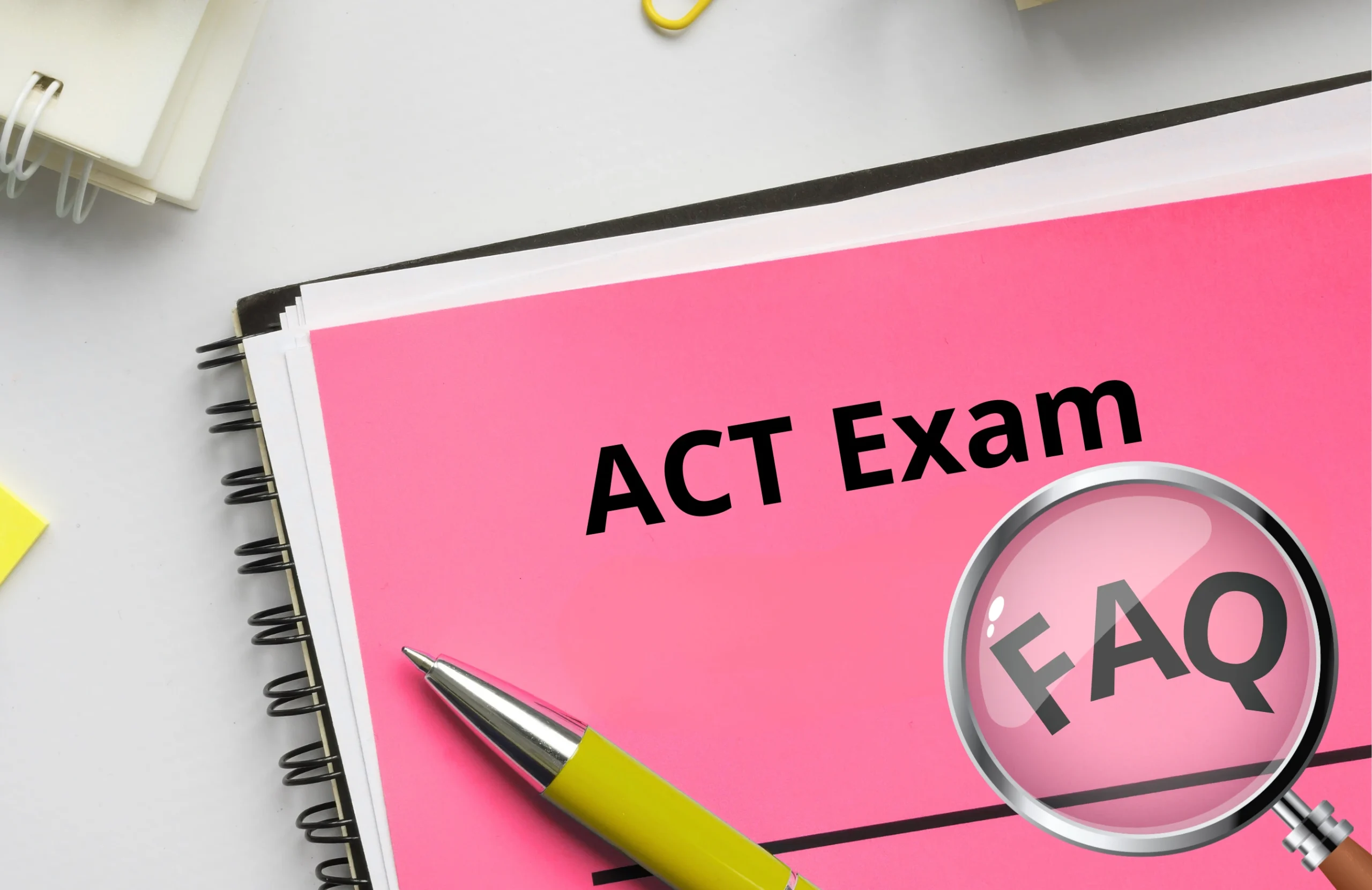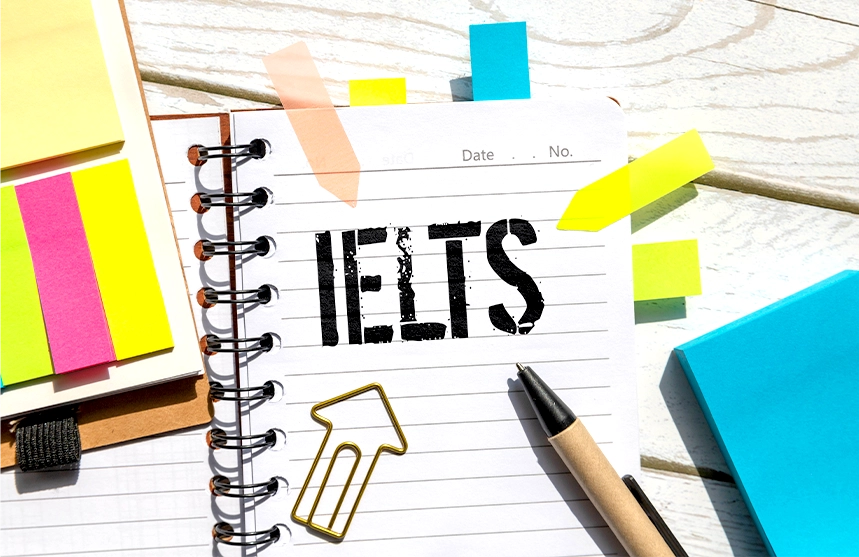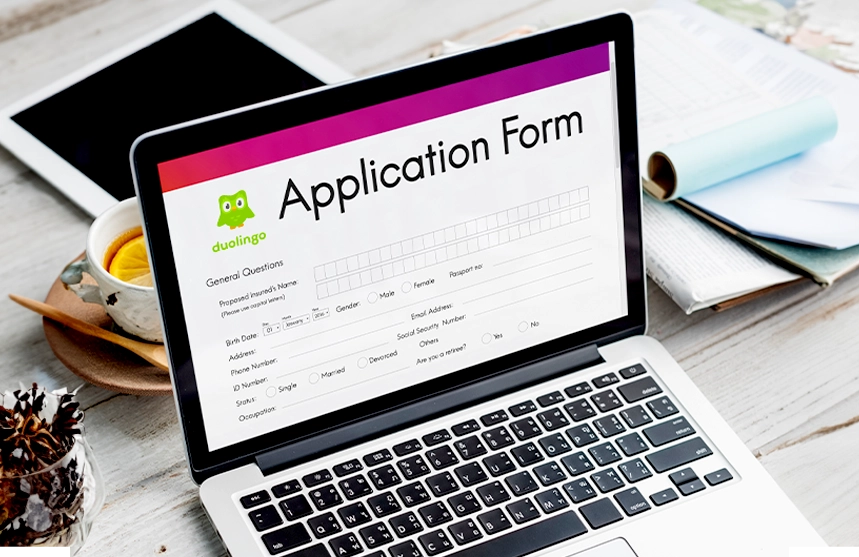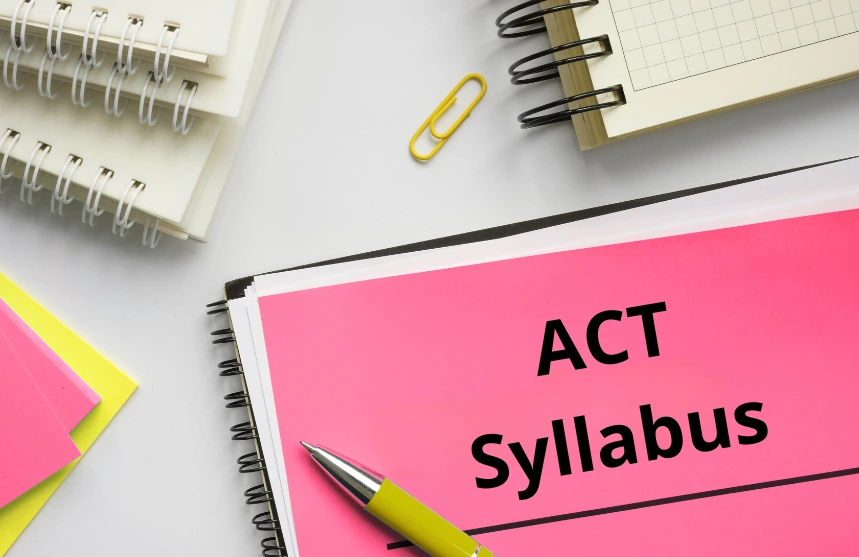Study in Malta: A Complete Guide for International Students
How to Improve Duolingo Score Fast: Proven Tips & Strategies for Quick Results

Studying overseas is no longer a far-fetched idea for students with strong academic records, but demonstrating proficiency in the English language remains one of the most important requirements. The Duolingo English Test (DET) has emerged as a smart alternative to IELTS and TOEFL for university admissions, offering a faster, more convenient, and more affordable option for students. However, while it may seem beginner-friendly at first glance, doing well on this adaptive test requires more than just basic English knowledge.
Looking to boost your Duolingo score as quickly as possible? It turns out that the coveted 115+ badge does matter, not just to college admissions officers and scholarship committees, but also for giving you that reassuring green smiley face in the top-right corner. This blog is your go-to resource for actionable strategies. So, what works and how can you make the most of your limited test prep time?
Understanding the Duolingo English Test Format
One of the first steps to improving your score quickly is understanding the format thoroughly. The Duolingo English Test evaluates you across four core skill areas: literacy, comprehension, conversation, and production. It’s an adaptive test, meaning the level of difficulty adjusts based on how well you’re doing. Answer correctly, and you’ll face harder questions. Struggle a bit, and the test becomes simpler. That’s why your performance in the early questions is particularly important.
The test includes various tasks, such as reading and completing sentences, listening and typing, describing photos, speaking on a topic, and writing essays. In addition, interactive reading and listening exercises are designed to simulate real-world English usage. Becoming familiar with how these question types are structured allows you to focus your energy on answering accurately rather than spending time figuring out what’s being asked.
Tips to Improve Your DET Score
Students are advised to check out the important tips to improve your DET score mentioned below:
Speaking Practice That Feels Natural and Confident
The speaking section can be one of the most challenging parts of the test, especially if you’re not used to speaking English out loud. This is also one of the easiest areas to see a quick improvement, since confidence and clarity go a long way. Unlike in a classroom, where you’re talking to a person, the test requires you to speak directly into a microphone, without any interaction. At first, this feels strange and unnatural. That discomfort can lead to hesitation, awkward pauses, and the overuse of filler words, all of which can bring your score down.
To overcome this, it’s important to practise regularly. Record yourself speaking about common topics like your daily routine, your favourite book, or a recent experience. Play it back and take note of areas where you can improve your fluency or grammar. The more you hear yourself, the more comfortable and polished you’ll become. This consistent practice makes you sound more fluent and confident, qualities the DET scoring system values highly.
Listening Improvement Through Daily Exposure
Improving your listening score fast doesn’t require marathon study sessions, it requires consistency. Make listening to English a part of your daily routine. Start with 10–15 minutes a day of listening to podcasts, TED Talks, or short news reports in English. Focus on understanding not just individual words but the overall meaning of each sentence. Repeat sections if needed until you’re confident in your comprehension.
To simulate the test experience, play audio clips and try to transcribe them. This directly mirrors tasks in the Duolingo test, where you’re asked to type what you hear. Doing this regularly builds your listening memory, spelling accuracy, and typing speed under pressure. Over time, you’ll develop sharper listening instincts, making it easier to identify keywords and complete dictation tasks accurately.
Reading Strategies for Quick Gains
Reading is about more than just scanning text, it’s about understanding meaning, tone, and grammatical context. If you want to boost your Duolingo reading score fast, focus on comprehension exercises that simulate real academic or journalistic texts.
Instead of reading lengthy novels, go for short, information-dense articles. Sources like BBC Learning English or even Wikipedia’s “Simple English” version can be effective for improving reading speed and understanding. After reading each article, try to summarise it in 2–3 sentences. This exercise pushes you to identify the main idea and supporting details, which are the core of most Duolingo reading questions.
Also, pay attention to sentence structure and vocabulary. Notice how transition words, relative clauses, and tenses are used. These are often tested indirectly in sentence completion and error identification sections. The better your awareness, the easier it becomes to eliminate wrong choices quickly.
Mock Tests and Environment Setup
Many students skip full mock tests because they seem time-consuming. However, if you want to improve your Duolingo score quickly, mock tests are essential. They help you build mental stamina, understand time constraints, and refine your pacing across different sections. More importantly, they replicate the pressure you’ll feel during the actual test.
Take your mock tests in a quiet room using the same setup you’ll use during the real exam, same computer, same camera, same lighting. This not only builds comfort but also helps you discover any technical issues in advance. After completing each test, review your performance critically. Identify the sections where you lost time or made mistakes, and use the insights to guide your next few days of practice.
Why Your Duolingo Score Might Be Stuck
If you’ve been practising but your score isn’t improving, it might be because you’re focusing too much on quantity and not enough on strategy. Repeating the same tasks without reviewing your mistakes leads to stagnation. Another common issue is inconsistent vocabulary use, especially in writing and speaking. Using overly simple or vague language won’t get you high marks, even if your grammar is perfect.
Also, take a hard look at your test-taking environment. Distractions, low microphone quality, or poor internet speed can impact performance, especially during the production sections.
Conclusion
Improving your Duolingo score quickly is not just about studying harder, it’s about studying smarter. Understand the test, build comfort with the format, and focus your efforts on the areas that carry the most weight. Use the right tools, test yourself often, and don’t neglect your mental readiness.
With determination, the right strategy, and even just 1–2 weeks of focused effort, you can make meaningful gains in your DET score and get one step closer to your study abroad goals.
At MetaApply IE, our expert-led TestPrep services are designed to help students like you master the Duolingo English Test and other language exams with confidence. From mock tests to personalised coaching, we support you every step of the way. Whether you’re preparing for admissions or scholarships, we’ve got your back.
Frequently Asked Questions
The time it takes to improve your Duolingo score depends on your current English proficiency and how strategically you prepare. With focused daily practice, it's possible to improve your DET score by 10–15 points in as little as 1 to 2 weeks.
The fastest way to improve your Duolingo speaking score is by practising aloud daily, recording yourself, and focusing on fluency, pronunciation, and vocabulary variety. Use prompts from past tests, avoid fillers like "um" or "like," and aim for clear, structured responses.
Yes, you can retake the Duolingo English Test. You're allowed up to two attempts within 30 days. There is no limit to the number of times you can take the test overall, and only your highest score needs to be submitted to universities.













